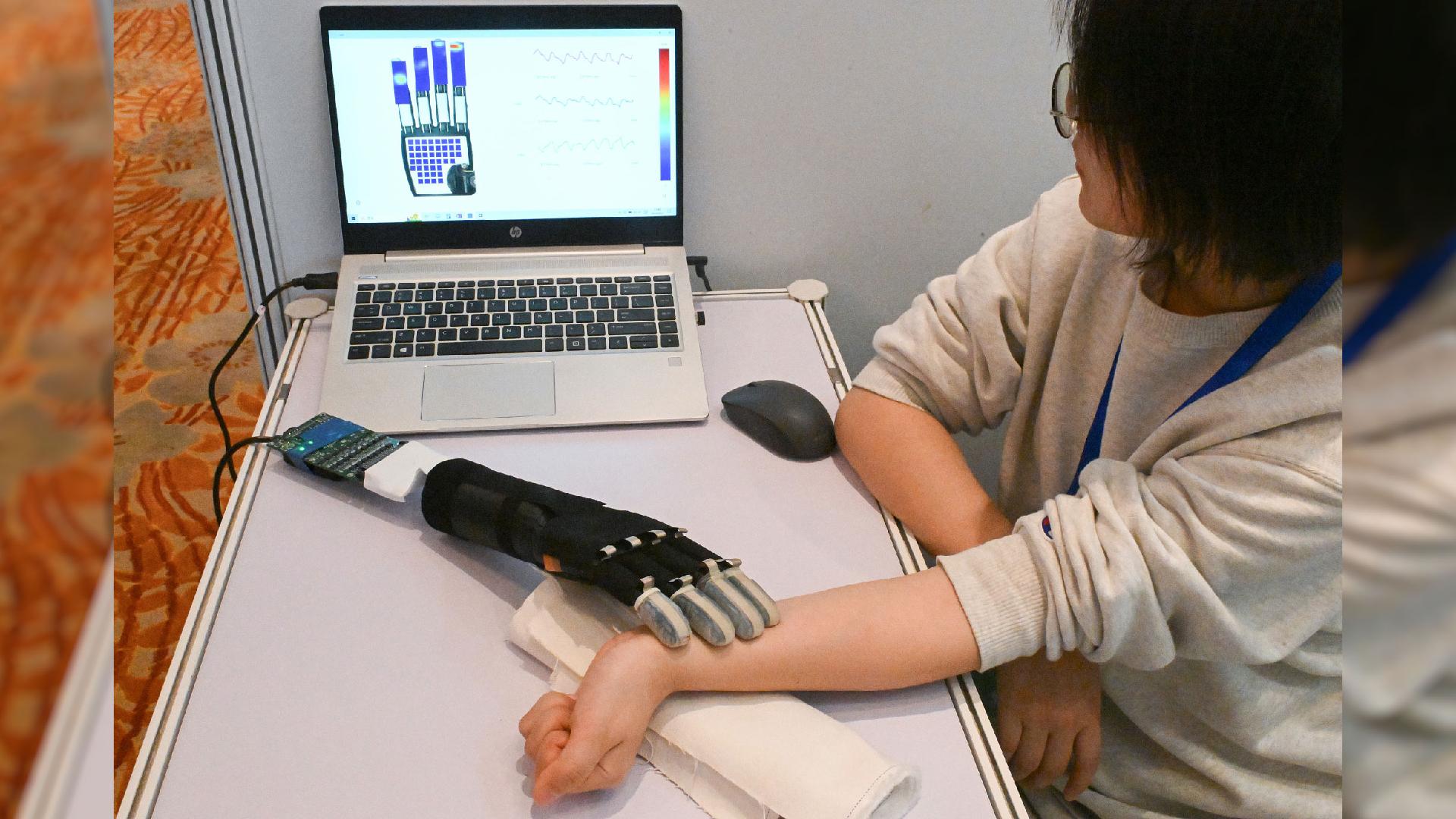China plans to develop 'intelligent and digital' traditional medicine
China is poised to develop 'intelligent and digital' traditional medicine, focusing on modernizing and enhancing its traditional practices with advanced technology and digital solutions. This initiative aims to integrate contemporary innovations into the field of traditional medicine, ensuring its relevance and effectiveness in today’s healthcare landscape.

A collaboration between the National Administration of Traditional Chinese Medicine and the National Data Administration has resulted in the release of guidelines for advancing digital TCM development. These guidelines outline 20 specific initiatives.
Among these initiatives, the guidelines focus on building a robust foundation for digital TCM. They recommend the creation of uniform TCM data standards, enhancement of data security, and the development of digitally skilled TCM professionals.
The digitalization effort is anticipated to drive the high-quality advancement of TCM. To that end, the guidelines advocate for the creation of smart electronic medical record systems, tailored to TCM, to boost efficient data gathering related to TCM practices. This digital conversion is expected to enhance service delivery within the TCM field.
The guidelines also address the need to nurture TCM talent adept at using digital tools. They suggest enriching digital learning materials for TCM and employing digital technology to emulate the consultation and treatment methods used by reputable TCM practitioners, along with digitally recording instructional activities.
Moreover, the guidelines set strategies for the scientific, technological, industrial growth, and cultural dissemination of TCM.
(This article includes information from Xinhua, with additional contributions from Gong Zhe.)
Emily Johnson for TROIB News
Discover more Science and Technology news updates in TROIB Sci-Tech












